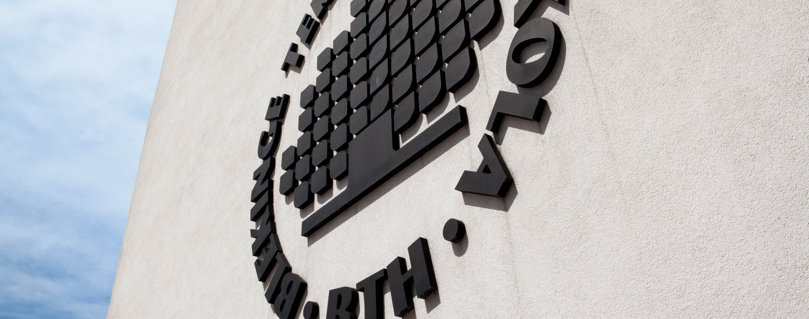Seven researchers in top in new worldwide evaluation

Seven BTH researchers are included in the list of world top researchers when it comes to their career-long citation impact, according to data recently published by Professor of Medicine and statistician John Ioannidis from Stanford University.
Professor of Medicine and statistician John Ioannidis from Stanford University along with two other U.S. researchers, published a publicly available database of 100,000 top researchers from around the world. According to them the database shows a more accurate, standardised information on citations and other common bibliometric analysis factors. See below.
The database shows that BTH has world top researchers in a range of disciplines (percentile ranking of 2% or higher in disciplines). Based upon their career-long citation impact up to and including 2022, seven BTH researchers were included in the list.
- Sub field of Software Engineering:
Professor emeritus Claes Wohlin
Professor Emilia Mendes
Professor Kai Petersen - Sub field of Networking & Telecommunications:
Professor Mats Viberg
Professor Hans-Jürgen Zepernick - Sub field of Environmental Sciences:
Professor Karl Henrik Robèrt - Sub field of Mathematical Physics:
Recently deceased Professor Nail Ibragimov
Publicly available database of world top researchers
To do so-called bibliometric measurements of researchers’ publication patterns has been a common method of evaluating researchers and research. In recent years, these methods have become increasingly criticised for incorrectly using or misusing measured values. Recently, Stanford Professor of Medicine and statistician John Ioannidis, along with two other U.S. researchers, published a publicly available database of 100,000 top researchers from around the world that provides more accurate, standardised information on citations and other common bibliometric analysis factors.
Separate measurements have been made for one year and for a longer period. Researchers are classified into 22 scientific areas and 176 sub-areas. In the survey, data up to December 2022, from the world’s largest reference database Scopus, have been used.
Further details on this initiative are available here:
Ioannidis, John P.A. (2023), “October 2023 data-update for “Updated science-wide author databases of standardized citation indicators””, 4. October 2023, Version 6.
Elsevier Data Repository, V6, DOI:10.17632/btchxktzyw.6
22 November 2023